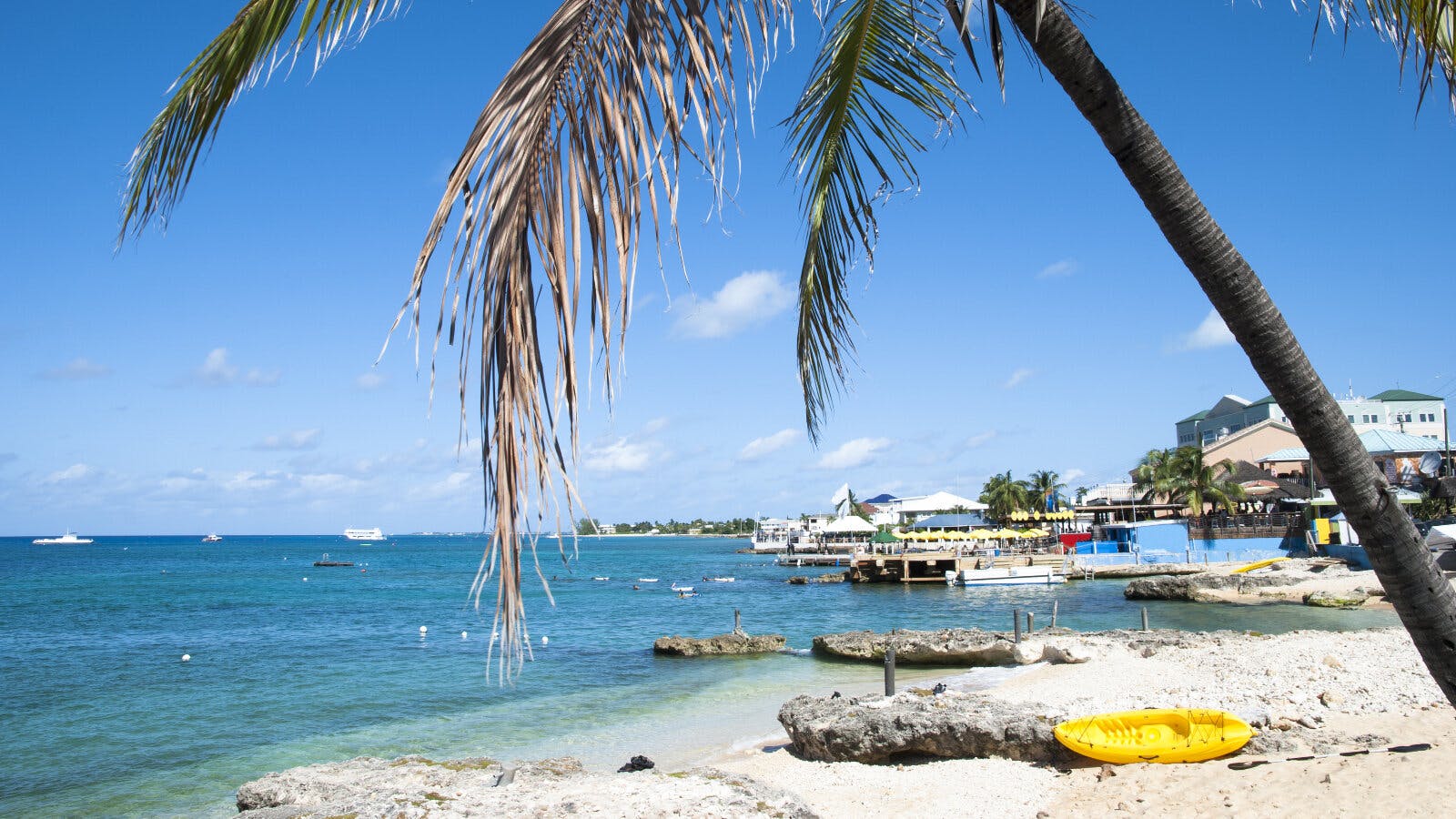DAOs Favor Classic Tax Havens, Pass Up Crypto-friendly US States
SushiDAO has recently made plans to set up its new legal structure in the Cayman Islands and Panama

George Town coastline on Grand Cayman | Source: Shutterstock
key takeaways
- Proper legal frameworks need to be developed to protect individual members of DAOs for being personally liable for actions and obligations
- Wyoming’s laws do not take into account the uniqueness of DAOs, crypto-focused attorney says
Despite the push in select US states to become more appealing to DAOs, blockchain protocols and assorted decentralized collectives are still often opting to incorporate in traditional tax havens.
The trend has something to do with definitions: DAOs (decentralized autonomous organizations) are fairly well-understood in crypto circles. That definition, however, does not hold water with the SEC or state-regulators who are sure what to make of DAOs: from how they’re structured to what taxes they may owe.
DAOs, primarily, are a group of individuals who use blockchain tech and on-chain voting mechanisms to make business decisions.
Most commonly deployed in decentralized finance (DeFi) governance today, the emergence of DAOs has raised legal concerns around the world.
In the US, select states have made bold attempts at creating corporate structures that provide legal protection for those participating in DAO endeavors.
Among them is Wyoming, the first to legalize DAO LLCs — meaning traditional legal protections for LLC members were extended to any individuals that participated in DAO activities.
Delaware, too, has attracted attention from DAOs for its flexible LLC laws that would protect individual members of the DAO for being personally liable for any actions and obligations.
Brian Frye, a law professor at the University of Kentucky, told Blockworks that “Delaware is kind of the center of gravity of the corporate form in the United States, because Delaware as a jurisdiction figured out what was attractive to corporations.”
Even so, many organizations are still opting to incorporate overseas. Most recently, SushiDAO, the governing body of decentralized crypto exchange SushiSwap, made the decision to set up a new legal structure in the Cayman Islands and Panama.
Neil Bhasin, a SushiDAO community member, said this decision was made because “Panamanian foundations are non-commercial in nature and do not have beneficial owners.”
Mike Selig, a crypto-focused attorney at law firm Willkie Farr and Gallagher, said that Wyoming’s DAO law does not take into account the uniqueness of DAOs — but has simply taken an existing LLC law and stamped the idea onto DAOs.
“Certainly a lot of these DAOs would prefer to be in the United States…but there’s not a legal wrapper that really works,” Selig told Blockworks. “What we need is a new type of legal entity that really is tailor fit for [DAOs]”
That’s not to say moving offshore is the best short-term solution, he said.
“The biggest downside in my view is that from a US perspective, [is that] courts and regulators will not respect these offshore corporate forms,” Selig said.
Frye said he, too, thinks DAOs need to take a more active role in pinning down and advocating for the needs that come with their unique structures.
“Until they figure that out, it’s not going to be clear how a jurisdiction is going to make itself attractive to them,” he said.
Added Frye: “People have started creating the organizational form — without necessarily knowing what they wanted to do yet…The older market structures are so familiar to us that it makes it really hard for us to see these new market structures for what they really are.”
Start your day with top crypto insights from David Canellis and Katherine Ross. Subscribe to the Empire newsletter.





